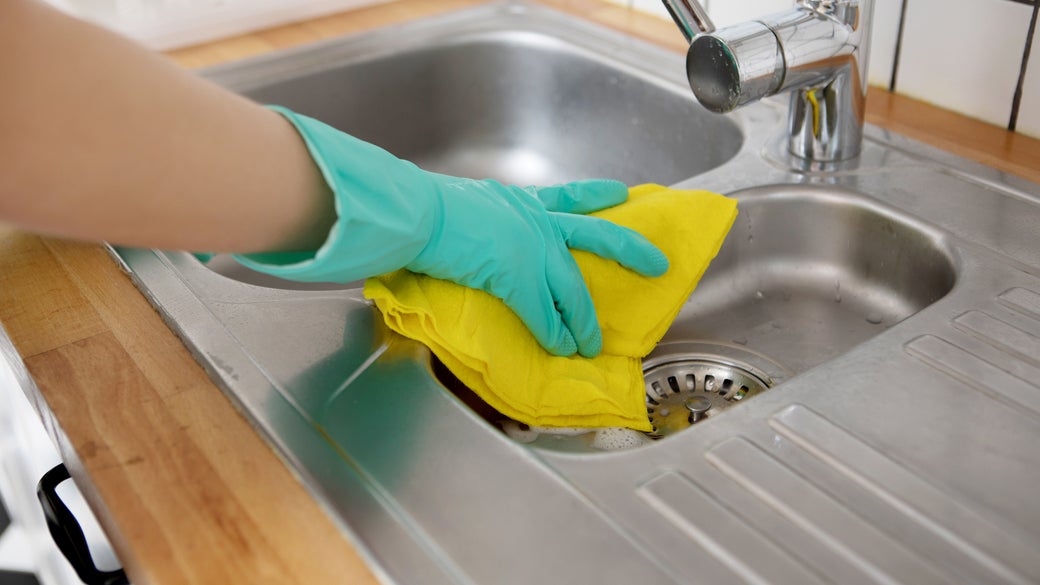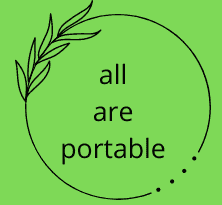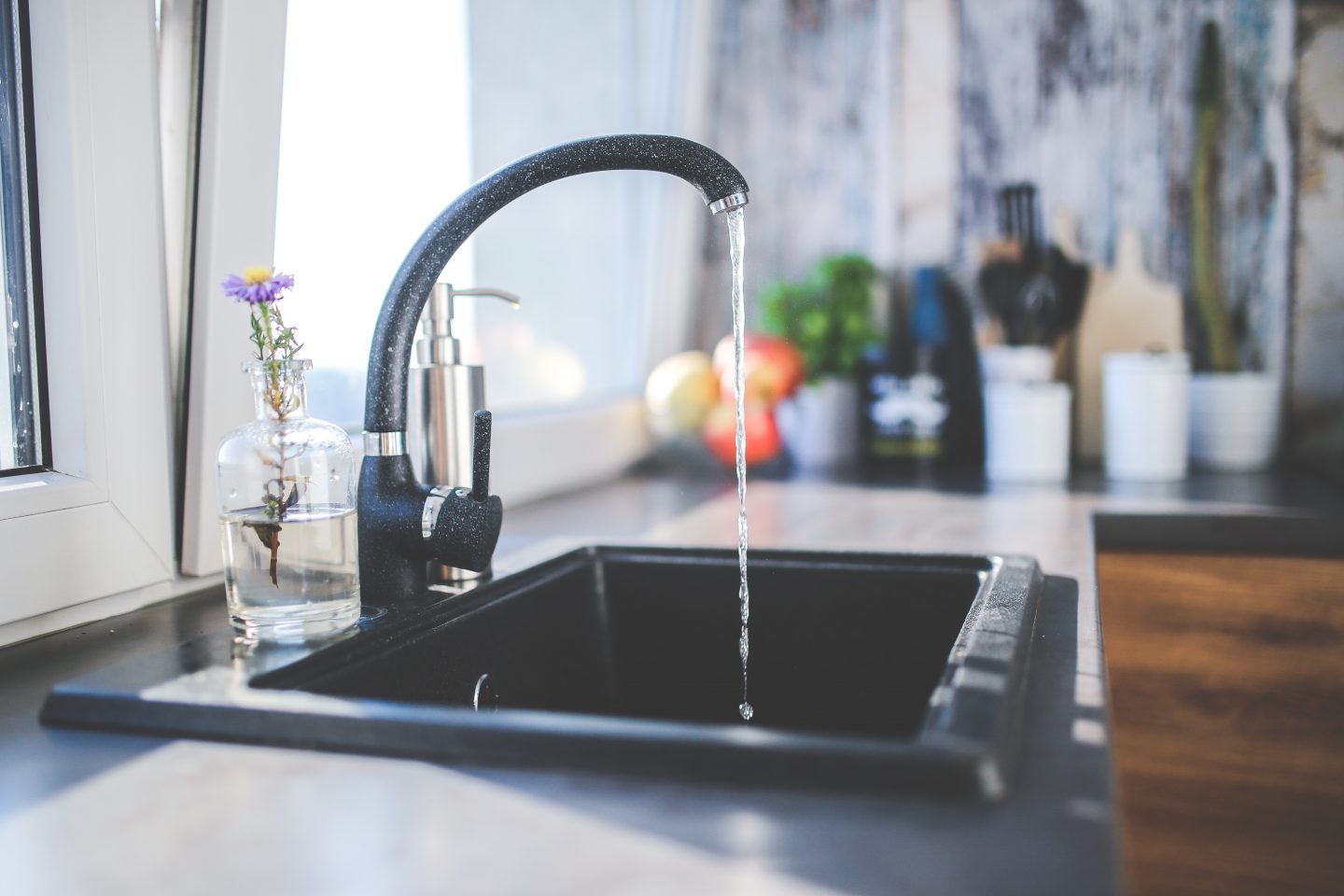Melvin is an expert for portable products.The site is for sharing everything about portable products for online buyers.
To disinfect kitchen sink without bleach, use alternative methods like vinegar, hydrogen peroxide, or baking soda. These natural ingredients effectively kill germs and remove odor-causing bacteria, making your sink clean and safe for food preparation.
Regularly cleaning and disinfecting your kitchen sink is important to maintain a hygienic environment and prevent the spread of harmful bacteria. Whether you prefer a non-toxic solution or don’t have bleach on hand, there are several effective ways to keep your kitchen sink clean and germ-free.
We will explore some of these methods and guide you on how to disinfect your kitchen sink without using bleach.
Why You Should Avoid Using Bleach
Using bleach to disinfect your kitchen sink may seem like a convenient solution, but it is important to be aware of the harmful effects it can have on both the environment and your health. Bleach contains toxic chemicals that can contaminate water systems and harm aquatic life.
In addition, the fumes from bleach can irritate the respiratory system and cause allergies or asthma. Luckily, there are safer alternatives available for disinfecting your kitchen sink.
Vinegar is a natural and effective disinfectant that can kill bacteria and germs without any negative environmental impact. Simply mix equal parts vinegar and water, and use this solution to wipe down your sink surfaces. Another natural option is hydrogen peroxide, which is a powerful disinfectant and can be used to sanitize your sink area.
Additionally, consider using baking soda to eliminate odors and scrub away stubborn stains in your kitchen sink. It is a gentle yet effective cleaner that is safe for you and the environment. Incorporating these eco-friendly alternatives into your cleaning routine will help you maintain a sparkling and germ-free kitchen sink, without resorting to the use of bleach.

Credit: www.clorox.com
Effective Natural Cleaning Agents For Kitchen Sink Disinfection
When it comes to disinfecting your kitchen sink, there are several effective natural cleaning agents that can be used instead of bleach. One such agent is vinegar, which is not only versatile but also non-toxic. Diluted vinegar can be used to clean and disinfect your sink, with a recommended dilution ratio of 1 part vinegar to 2 parts water.
You can simply spray or pour the solution onto the sink surface and let it sit for a few minutes before scrubbing and rinsing.
Hydrogen peroxide is another eco-friendly alternative to bleach that can effectively disinfect your kitchen sink. Like vinegar, it is non-toxic and can be used in a diluted form.
To use hydrogen peroxide for sink cleaning, mix equal parts hydrogen peroxide and water, and apply it to the surface of your sink. Allow it to sit for a few minutes before scrubbing and rinsing.
Essential oils can also be harnessed for a clean sink, as they have antibacterial properties and provide a pleasant aroma. Tea tree oil, lavender oil, and lemon oil are popular choices for sink disinfection. You can either mix a few drops of these essential oils with vinegar or hydrogen peroxide, or add them to a water and soap solution for cleaning.
Diy Methods To Disinfect Your Kitchen Sink Without Bleach
Baking soda scrub: A gentle yet effective sink cleaner
To create a baking soda scrub, mix equal parts of baking soda and water to form a paste. Apply the paste to a scrub brush or sponge and gently scrub the entire surface of your kitchen sink. Use circular motions to target any tough stains or buildup. Rinse well with warm water and dry with a clean towel. The mild abrasiveness of baking soda helps to remove grime and odors without damaging the sink’s surface.
Lemon and salt solution: A natural deodorizer and disinfectant
| Mixing Ratios | Application Techniques |
|---|---|
| 1 lemon + 1 tablespoon salt | Cut the lemon in half and sprinkle salt on the cut side. Use it to scrub the sink, focusing on problem areas. Rinse well afterward. |
White vinegar and hydrogen peroxide spray: A powerful germ-killing combo
Mix equal parts white vinegar and hydrogen peroxide in a spray bottle. Spray the solution onto the sink surface and let it sit for a few minutes. Use a cloth or sponge to wipe away any dirt or grime. The vinegar acts as a natural disinfectant while hydrogen peroxide is effective against bacteria. Remember to ventilate the area properly when using this mixture.
These DIY methods offer alternative ways to disinfect your kitchen sink without bleach. Incorporate these techniques into your cleaning routine for a fresh and sanitary sink.
Maintaining A Clean And Germ-free Sink
Maintaining a clean and germ-free kitchen sink is essential for a hygienic environment. Incorporating daily habits can help in achieving this goal. Proper dishwashing techniques, including thoroughly rinsing off food particles, is crucial in preventing bacteria growth.
After each use, it’s important to wipe and dry the sink to eliminate any moisture that can promote bacteria and mold. Regular cleaning products can be used to prevent odor and bacteria buildup.
Additionally, avoiding the accumulation of food waste in the sink by disposing of it properly can help maintain cleanliness. Using sink strainers and garbage disposals effectively can aid in preventing clogs and keeping the sink clean. For deep cleaning and maintenance, following a regular schedule is recommended.
Also, for stubborn stains and limescale buildup, there are various tips and techniques available to remove them effectively. By following these practices, you can ensure a pristine and disinfected kitchen sink without relying on bleach.
Frequently Asked Questions On How To Disinfect Kitchen Sink Without Bleach
How Can I Disinfect My Kitchen Sink Without Using Bleach?
You can use natural alternatives like white vinegar or hydrogen peroxide to disinfect your kitchen sink. Simply spray or pour these substances onto the sink’s surface, let them sit for a few minutes, then scrub and rinse thoroughly with warm water.
These methods are effective and chemical-free.
What Are The Benefits Of Disinfecting The Kitchen Sink?
Regular disinfection of your kitchen sink helps eliminate harmful bacteria and viruses, ensuring a clean and hygienic food preparation area. It also helps prevent cross-contamination and reduces the risk of food poisoning. Maintain a sanitized sink to protect yourself and your family from potential health issues.
Are There Any Homemade Disinfectant Solutions I Can Use?
Yes, you can make your own disinfectant solution using ingredients readily available in your home. Mixing equal parts of water and white vinegar creates an effective disinfectant. Alternatively, a solution of hydrogen peroxide and water can be used. These homemade remedies are economical, safe, and environmentally friendly.
Final Words
Disinfecting your kitchen sink without bleach is not only possible but also easy and effective. By using natural cleaners such as vinegar, baking soda, or hydrogen peroxide, you can eliminate germs and bacteria while maintaining a safe kitchen environment for your family.
Remember to regularly clean your sink and follow the tips mentioned to keep it germ-free and sparkling clean. Start implementing these methods today and enjoy a fresh and sanitized kitchen sink without the use of harsh chemicals.

Melvin is an expert for portable products.The site is for sharing everything about portable products for online buyers.

